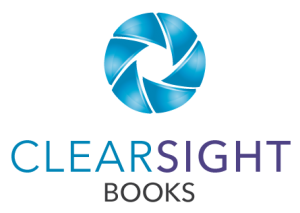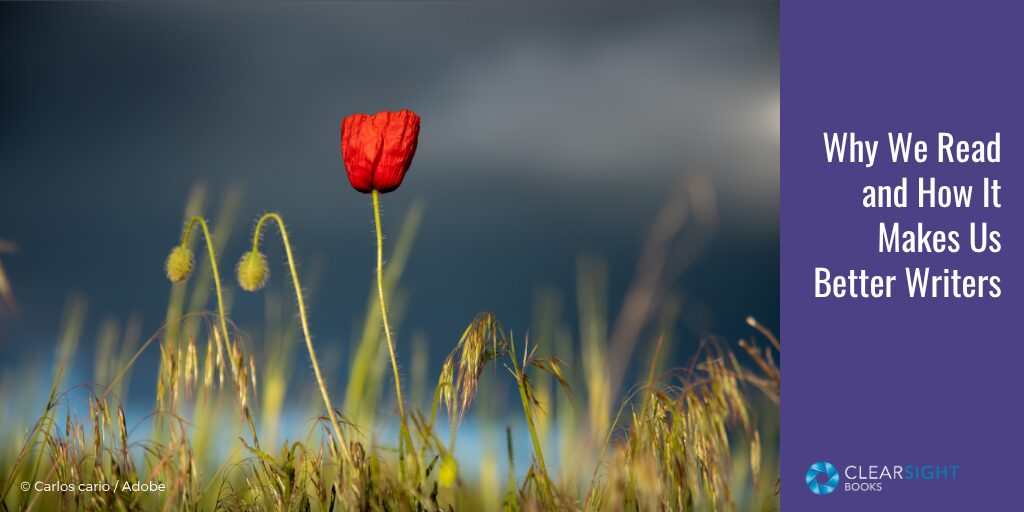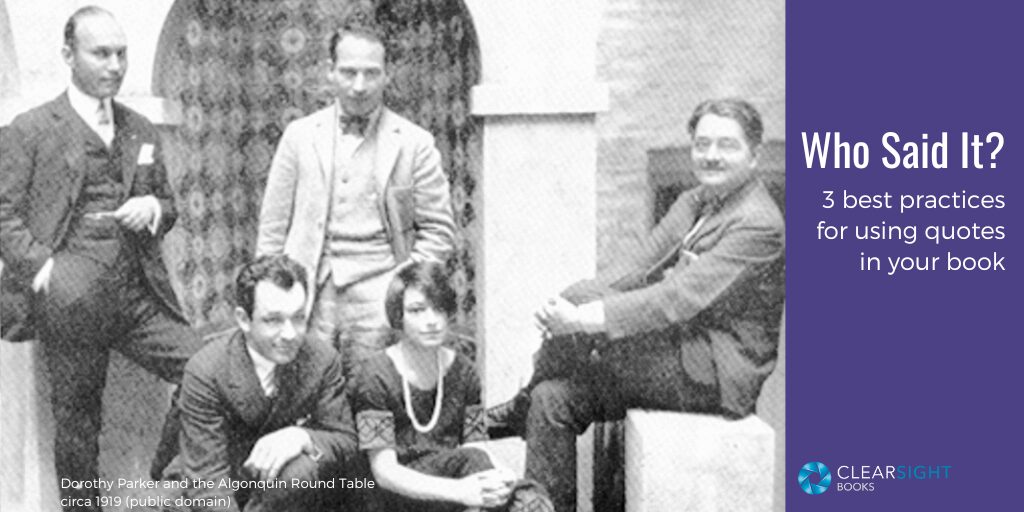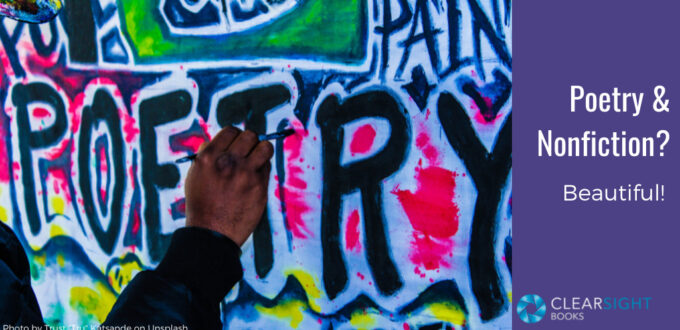Why do we read? For any number of reasons, from learning and moral guidance to entertainment and comfort. We can also use reading to be better writers. This article offers a short reflection on both.
Who Said It? 3 Best Practices for Quotin...
A quote can powerfully underscore a point you want to make in your writing. But many authors neglect to make sure the quotes they use are correct and clearly identified as quotes. Here are three best practices for incorporating quotes in your writing.
Using Editorial Style Sheets to Save Tim...
An editorial style sheet is a mini rule book for your book manuscript. While editors use style sheets regularly, writers can also benefit from this handy tool. Here we describe what a style sheet is, what goes into one, and how it helps your writing project.
Complex Ideas and Creating Clarity for R...
When sharing a complex concept, creating clarity for your readers is critical–especially for those who are new to the topic. This article offers 7 ways to enhance comprehension and cultivate readers willing to take mental leaps with you.
What type of nonfiction book should you ...
What type of nonfiction book should you write to tell your story? Memoir might seem like the obvious choice, but based on a number of factors, a knowledge-based book could be better.
Beta Readers: The Fresh Perspective You ...
Beta readers give authors perspective on what’s working and what’s not. Here, we cover alpha, beta, SME and sensitivity readers.
Poetry and Nonfiction: A Beautiful Coupl...
Poetry and nonfiction might seem like unlikely bedfellows, but nonfiction writers can learn a lot from poetry, use it to get unstuck, and maybe even incorporate some techniques!
Does your book need a foreword, preface,...
At the beginning of your book, should you have a foreword, preface, or introduction? This post is a primer on what they’re for and whether you need them.
How to Avoid Being Too Concise
While writers are constantly told to be concise, it is possible to be TOO concise. Here are four ways to avoid overtightening your prose, as well as indicators that you might be doing it.
Learning to Love Feedback on Your Writin...
Getting feedback on your writing is one of the best ways to improve it. Need convincing? Read about the benefits & follow these tips for warming up to what could be a game changer for you.
Less Is More: How to Improve Your Book t...
In “making improvements,” we tend to default to ADDITION. But what if we tried SUBTRACTION? This post takes a look at writing books through that lens, identifying four areas of opportunity to make your book more impactful.
Eliminate Friction to Keep Your Readers’
To keep your readers’ attention, look at your book with the mindset of removing any “friction,” whether in language, design, or emotion. This post also examines ways to ferret out hidden friction that can prevent readers from engaging with your book.













